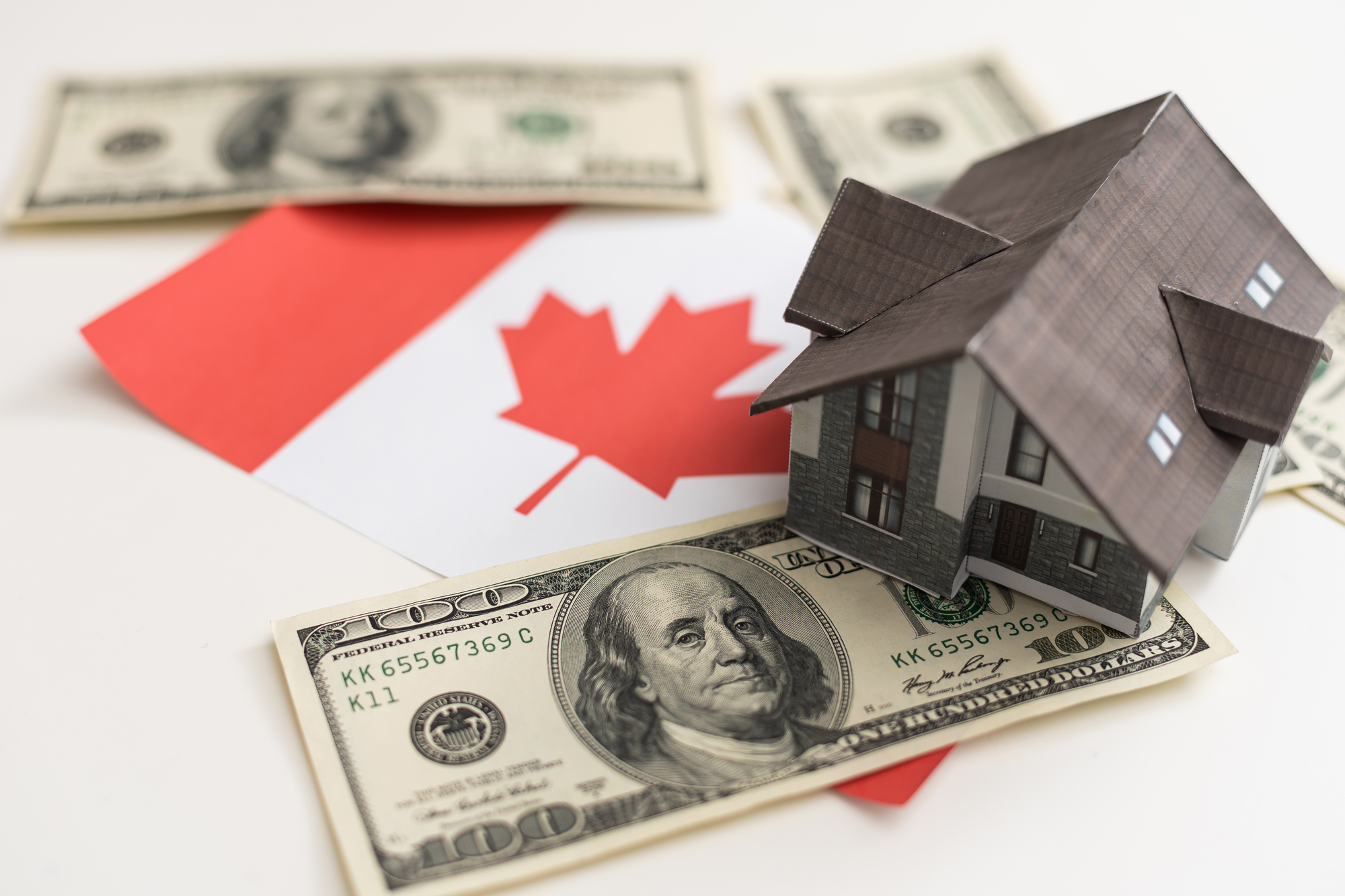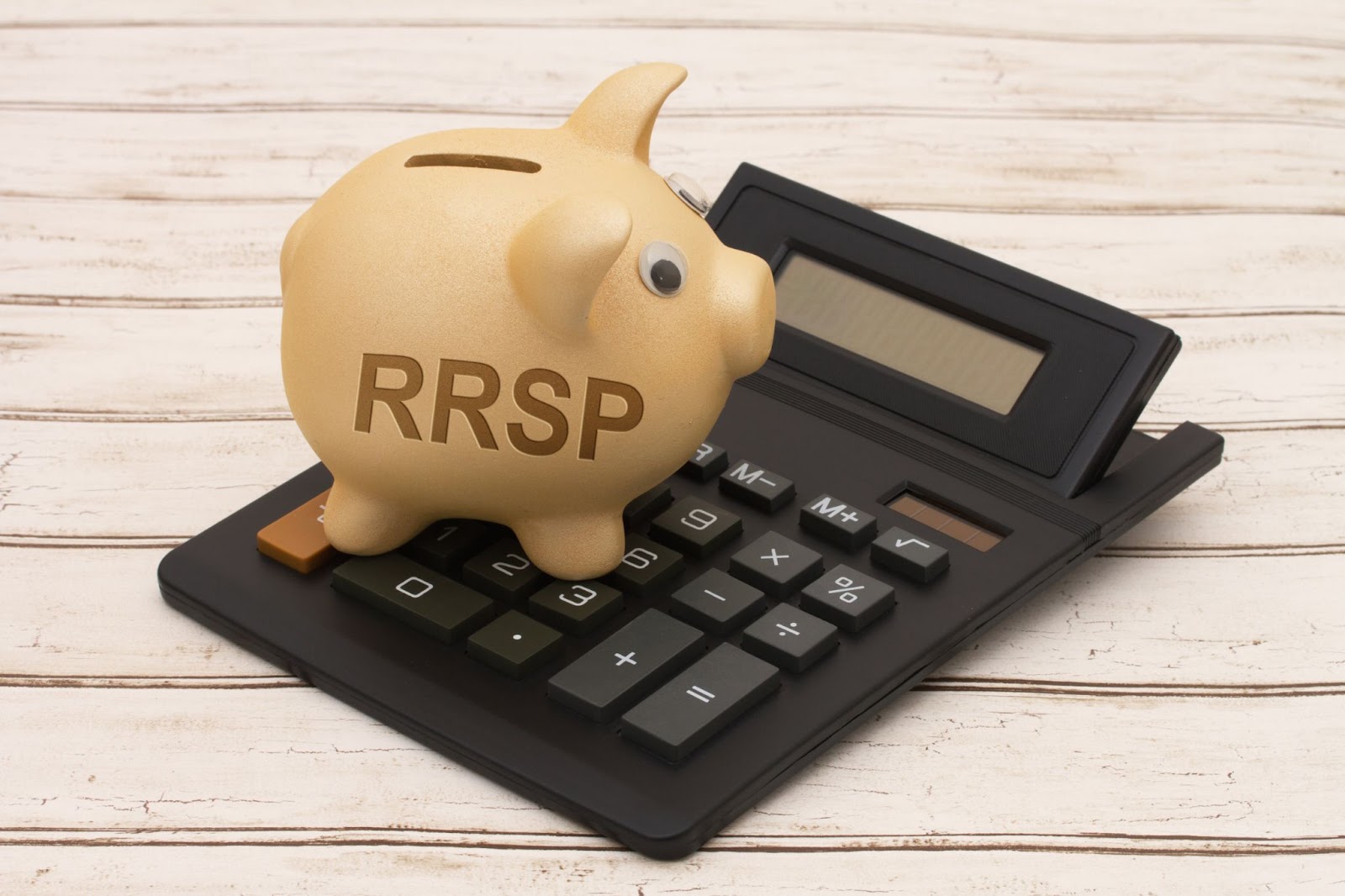As mortgage brokers specializing in income property financing, we receive hundreds of questions
from investors across the country regarding various aspects relating to financing income
properties.
In this series, we answer the common questions we come across:
QUESTION 5: Can I use my RRSPs to invest in Real Estate ?
One of the most common questions we receive from clients is whether or not they can use their RRSPs to invest in Real Estate and how to set that up
The answer is yes you can, and
No: you don’t need to collapse your RRSPs or utilize the first-time home buyers program to invest the funds in Real Estate.
Through this strategy alone, we have helped investors:
- Acquire properties beyond what they would have qualified to buy through traditional lenders
- Make 10%-15% in tax sheltered returns
Here are the key highlights of this strategy and what you need to know.
Basically, Real estate is just another asset that you can hold within your RRSPs similar to stocks, bonds and money market funds; but in order for you to hold Real Estate within your RRSPs, the RRSP funds must be setup in the form of a mortgage against the Real Estate asset.
With that in mind, there are three ways to set this up. In this articles , we discuss the first option
OPTION 1: Utilizing your RRSPs to take out Equity from a Property you own, then using the equity to Purchase a rental property
Under this method, you must qualify under the normal mortgage guidelines to borrow money from your RRSPs. Further, the borrowed funds can be only secured against your primary residence or a second home (with or without a rental component up to 4 units) up to 80% of the value.
This type of setup under the tax act is referred to as “Non-Arm’s length “because you are essentially borrowing money from your RRSPs against an asset that is owned by an entity that is related to you by blood. (in this case, it is you as the owner of the asset).
Under this method:
- The loan that you are borrowing from your RRSPs must be insured.
The Canadian Mortgage and Housing Corporation (CMHC) or Genworth will charge an insurance premium that gets added on to the RRSP total amount. The premium differs depending on the total amounts of loans registered against the property (including the new RRSP loan) in relation to the value of the property. The insurance premium can be up to 4%
- The payment on the RRSP loan must be amortized, with amortization not exceeding 25 years
- The value of the property, that will be used as security, cannot exceed $1,000,000
- The loan can only be secured in first or second position against the property. This means that if you have an existing secured line of credit; the RRSP loan cannot be secured
- The interest rate on the loan cannot exceed 30% and has to be in line with market rates at minimum
- As this loan is amortized, you must make a monthly payment towards the principal and interest of the loan
To demonstrate this setup, here’s an example:
Let’s assume that you have $100,000 in RRSPs and that you own a primary residence valued at 800,000 with a first mortgage registered on the property with one of the banks for $500,000.
If you qualify based on your income, credit and debt load under the traditional mortgage refinancing rules, you can extract up to 80% of the value of this property in equity.
At an 800,000 value and with an existing mortgage of $500,000, that would be an additional $140,000 in funds that you would qualify to borrow from your RRSPs.
With a $100,000 in your RRSPs, we can setup an RRSP second mortgage loan on your home for up to $100,000. As this loan is a mortgage: your mortgage broker or lawyer must draft a mortgage agreement that states the terms of such a mortgage, including the interest, maturity, monthly payment, amortization and any insurance premium that will be tagged onto the mortgage.
One the RRSP Mortgage loan is registered on your property on closing, you will receive from your lawyer a cheque for the $100,000 cash, minus any closing costs associated with the setup of the loan.
The closing costs often include the lawyer and broker fees; both amounts can be determined by speaking with your lawyer and mortgage broker who are assisting with the setup / closing of the loan.
As you now have cash at hand, you can utilize it toward a down payment on a rental property.
Now that you are familiar with the setup, let’s summarize the advantages and disadvantages of this strategy:
ADVANTAGES
- You can borrow directly from your RRSPs
- Ability to set a higher mortgage payment on the loan for higher tax sheltered returns within the RRSPs
DISADVANTAGES
- Cant setup the RRSPs as acquisition funds directly against the rental you plan to purchase. Must be used as an equity take out strategy first – as discussed above –
- You can only borrow up to 80% of the equity in your property. In a low interest rate environment – like the one we are in right now -, there are cheaper alternatives to extract equity from a property through institutional lenders in the form of a mortgage or a secured line of credit
- You must qualify under the current mortgage guidelines to utilize your RRSPs
In the next article, we will discuss the other two options on how to utilize your RRSPs in Real Estate.
Dalia Barsoum is president and principal broker of Streetwise Mortgages and a regular columnist for Canadian Real Estate Wealth. She leads an award-winning team of mortgage advisors offering strategic income property and portfolio advice to Real Estate investors across Ontario.
For a complimentary review of your portfolio finances & investing plans and for advice on how to utilize RRSPs as a tool within your financing tool kit and given your unique goals and plans, connect with the Streetwise Team at info@streetwisemortgages.com
Dalia Barsoum is the founder of Streetwise Wealth, a boutique real estate wealth advisory firm, and Streetwise Mortgages, a multi-award-winning brokerage specializing in income property financing. Streetwise Mortgages is known as Canada's #1 small markets broker (AKA rental markets) as ranked by Canadian Mortgage Professionals.
The team at Streetwise Mortgages has funded over 1 billion dollars of mortgage volume and over 2700 mortgage transactions ranging from residential, multi-family, mixed-use, and other construction projects.
Dalia is the best-selling author of Canadian Investor Financing: 7 Secrets to Getting All The Money You Want, a columnist for Canadian Real Estate Wealth magazine and has been recognized as a Global 100 mortgage professional, one of Canada’s top 10 brokers, and a woman of influence.
Through strategic real estate financing advice, sophisticated deal structuring solutions, and access to an understanding of all the money tools and capital structures investors use to grow (private money, traditional mortgages, alternative mortgages, GP/LP structures, corporate capital structures, and joint ventures), Dalia and her team have helped thousands of Canadians kick start their real estate investment journey and take their portfolios to the next level while managing risk.








